Five SBE academics granted Elinor Ostrom grants
In December 2020, SBE academics Carla Haelermans, Ines Wilms, Julia Kensbock, Katrin Marchand and Sonja Fransen were awarded Elinor Ostrom grants. These grants are sponsored by the Elinor Ostrom Fund and are designed to support female academics in the early stages of their careers.
In this article, we looked into the importance of these types of grants as a way to contribute to a more inclusive environment within academia. We also reached out to the grantees to find out how they will be using their grants and to hear their thoughts on some of the obstacles faced by women in the field of academia.
Female academics hit harder by the COVID-19 pandemic
The COVID-19 pandemic has affected every aspect of academic and university life, including the working conditions of academics. But studies have shown that not all academics experience the effects of the pandemic equally. According to Prof. Lisa Brüggen, founder of the Elinor Ostrom Fund, ‘Research has shown that women are more heavily impacted by the corona crisis than men. Early data show that COVID-19 significantly affects women’s publishing, and that women spend more time on pandemic-era childcare and home schooling than men do. This can have a significant influence on women’s career trajectories.’
In a timely response to this challenging reality, the Elinor Ostrom Fund selection committee awarded grants to five academics this year as part of the Fund’s semi-annual grant programme. Elinor Ostrom was the first woman to ever receive the Nobel Memorial Prize in Economic Sciences; her prize-winning research was based on extensive fieldwork, and it focused on the development of frameworks for effective collective self-governance that resulted in the sustainable use and management of common-pool resources. In the spirit of her legacy, the Elinor Ostrom Fund aims to support female scholars in an effort to increase diversity at Maastricht University’s School of Business and Economics (SBE). It fulfills this mission not only through administering grants but also organising regular events to build a strong network of female academics who can support and learn from one another.
Promoting diversity and inclusivity in academia
As of 2021, women make up only 16% of SBE’s full professors despite the fact that over 50% of SBE’s PhDs are awarded to women. UM is currently involved in a process of re-evaluating and re-designing the ‘recognition and rewards' system so as to promote greater diversity and inclusivity, not just at SBE and across the University, but ultimately throughout the Netherlands. With regard to both comprehensive and focused efforts to transform the culture of academia, SBE dean Peter Møllgaard expressed his vision that ‘SBE should be a working environment where all talents can flourish, and where inclusion is a key value; it is therefore particularly important that SBE support female academics at the start of their careers.’
We reached out to the most recent grant winners to learn more about how they will be using the grants, as well as their views regarding how initiatives such as the Elinor Ostrom Fund can help to increase gender equality in academia.
Carla Haelermans, Associate Professor
Areas of interest: education economics, labour economics and inequality
'I am using the grant (and co-funding from my department) to hire a (female) junior researcher for one day a week for nine months. I have great data from a randomised experiment that has been sitting and waiting for me for quite some time now, and I never get around to working on it properly. This grant kills two birds with one stone, as I will be able to finish this paper with the help of the junior researcher, and it will be a good start for her career to be working on such a great dataset and high potential paper.'
'Despite all the efforts being made, it is still harder for women to climb the academic ladder. The share of women in high positions (especially in economics faculties) is still low, and you need a network and a sponsor (someone who believes in you) to stand a fair chance. Men have this more often because people in leadership positions (often men) look for someone like themselves. It feels as though women need to be even better and work even harder than men to get similar recognition. Also, care duties are more often taken up by women. This includes at work, especially now during COVID-19; women tend to do more of the caring for students and colleagues and to take on extra tasks. Being able to get some extra support yourself, for example with these Elinor Ostrom grants, is a necessary helping hand that can compensate a bit for this.'

Ines Wilms, Assistant Professor
Areas of interest: statistical learning methods, flexible statistical methods and software for analyzing large and/or complex datasets for a wide variety of application domains including macro-economics, finance and marketing
'With this project, I will collaborate with a student assistant to increase the visibility of my research on big time series analysis. I hope to increase the impact of my work by bringing these methods to a larger community of researchers and practitioners.'
'I strongly appreciate the initiatives of the Elinor Ostrom Fund for opening up a dialogue to talk about diversity and for taking concrete actions to increase diversity by supporting female scholars at the start of their careers. By helping women stay in their academic trajectory, the Fund is helping to increase the presence of women in the upper ranks of our university. Furthermore, through the Fund's network, it is possible to get in touch with other female peers as well as female role models of SBE such that you can learn from their experiences!'
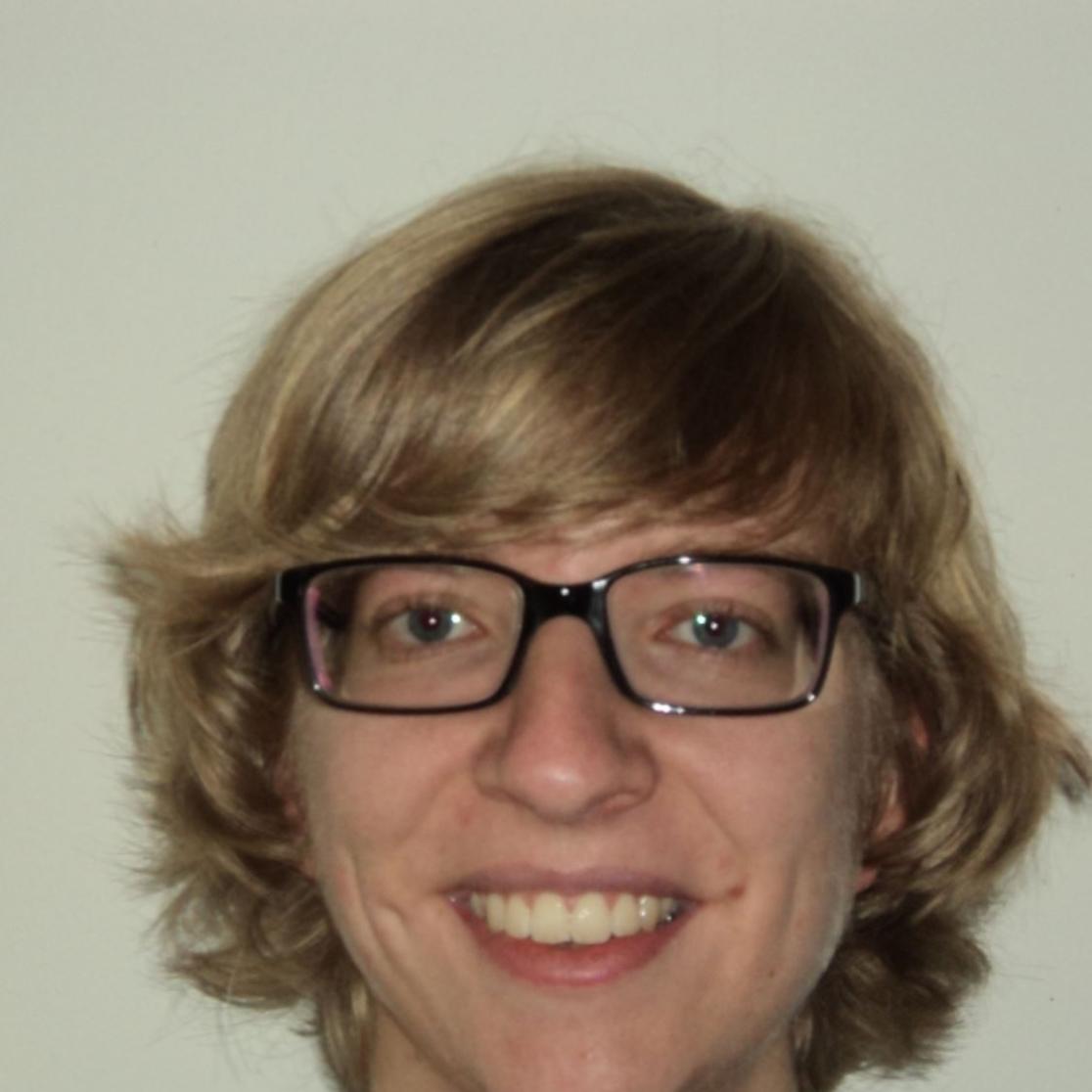
Sonja Fransen, Research Fellow
Areas of interest: (forced) migration and policy impacts on (forced) migrant populations
'I will use the Elinor Ostrom grant to hire a research assistant to work on data collected among Amsterdam residents (migrants and non-migrants) about the impact of COVID on their lives. This is a side project of the Migration Sustainability and Transformation (MISTY) project that looks at the interlinkages between migration and sustainability processes in cities.'
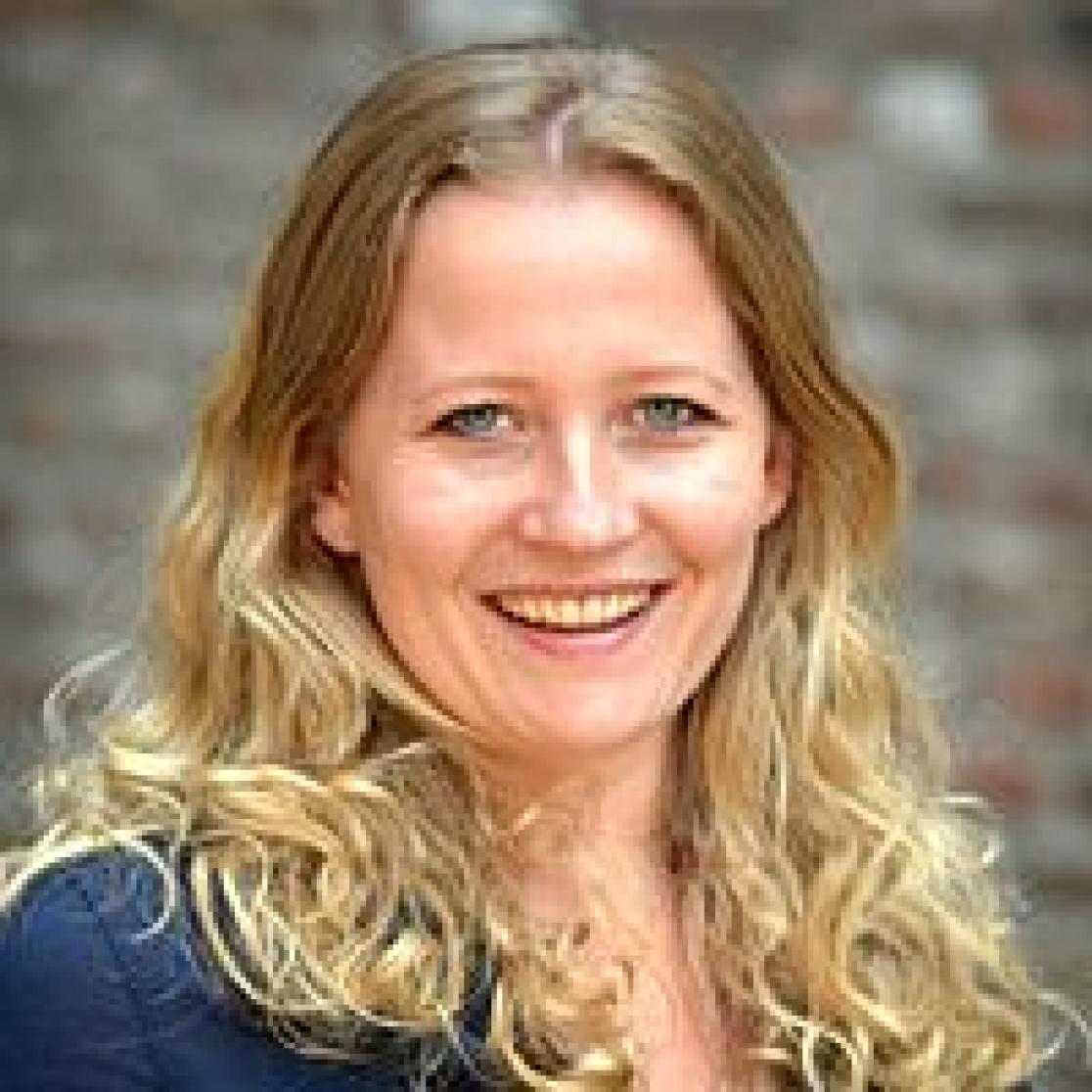
Katrin Marchand, Post-doctoral Researcher
Areas of interest: migration and development, specifically labour migration, migrants’ occupational choices and the interlinkages of migration and private sector development
'I will be using the Elinor Ostrom grant to conduct research on refugee entrepreneurship in Belgium, Germany and the Netherlands. My research will contribute to the field of refugee entrepreneurship by investigating how motivation, time of arrival and integration shape the business decision-making of refugees from Afghanistan and Syria and how this, in turn, impacts their personal development and integration.'
'I strongly believe that diversity is crucial in research and education alike. Initiatives like the Elinor Ostrom grant provide an avenue to ensure increased diversity by promoting female academics early in their careers.'
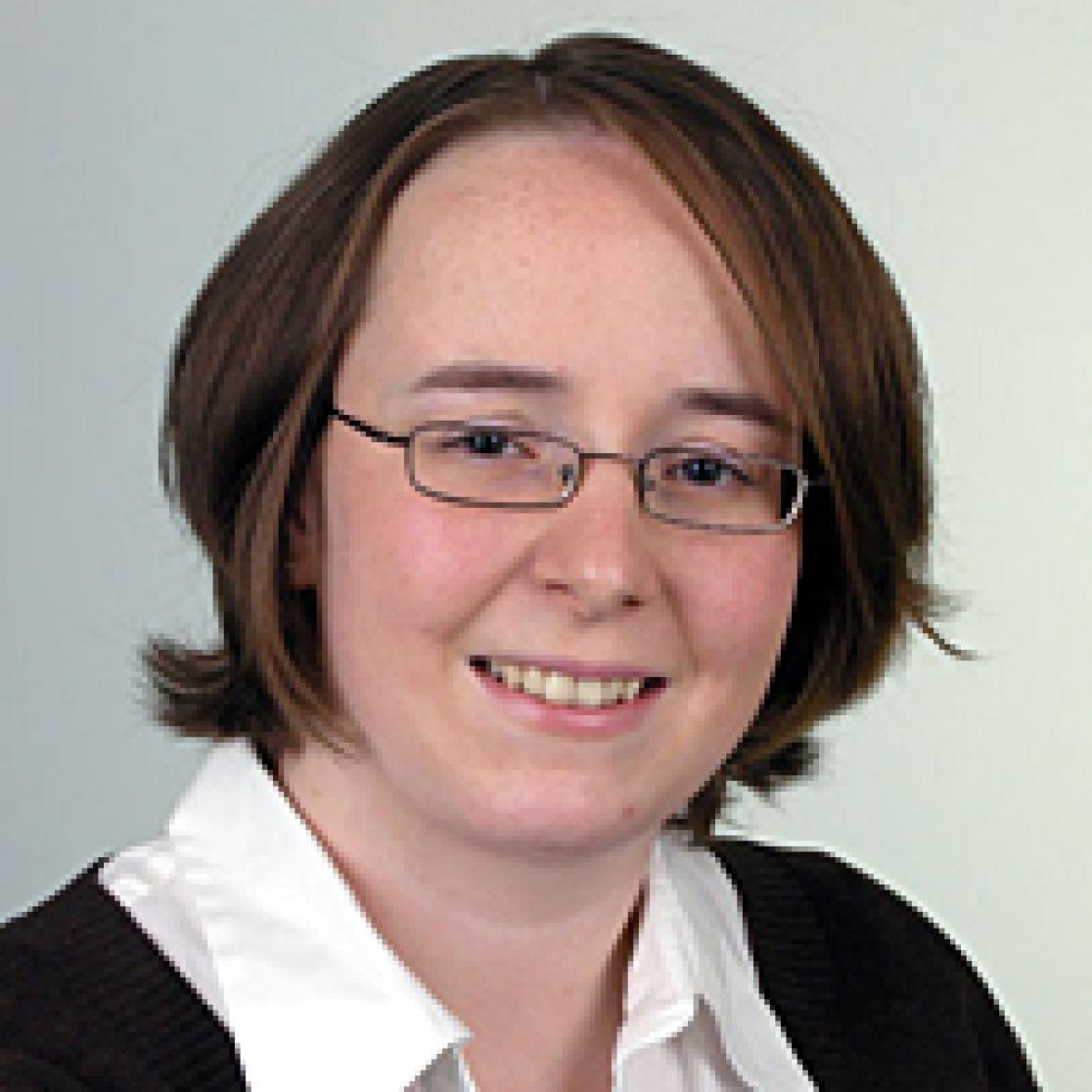
Julia Kensbock, Assistant Professor
Areas of interest: leadership, individuals' health and well-Being, team diversity, entrepreneurial behavior
'The Elinor Ostrom grant will enable me to focus intensively on a research project that particularly addresses how and under which conditions e-working – that is, working from home with the help of digital devices – might increase loneliness. The trend towards e-working has also been accelerated due to COVID-19, as employees across many industries had to work from home during the previous months. With our research, my co-authors and I aim to create new scholarly insights about loneliness at work and help companies to implement e-working in such ways that keep their employees healthy and happy in the long term. This will be important not only during the current pandemic but also beyond.
'Current research shows that the pandemic negatively affects the publication output of female academics. Grants like the Elinor Ostrom grant equip women with valuable resources, which is very helpful especially during sensitive periods of their early careers such as maternity.'
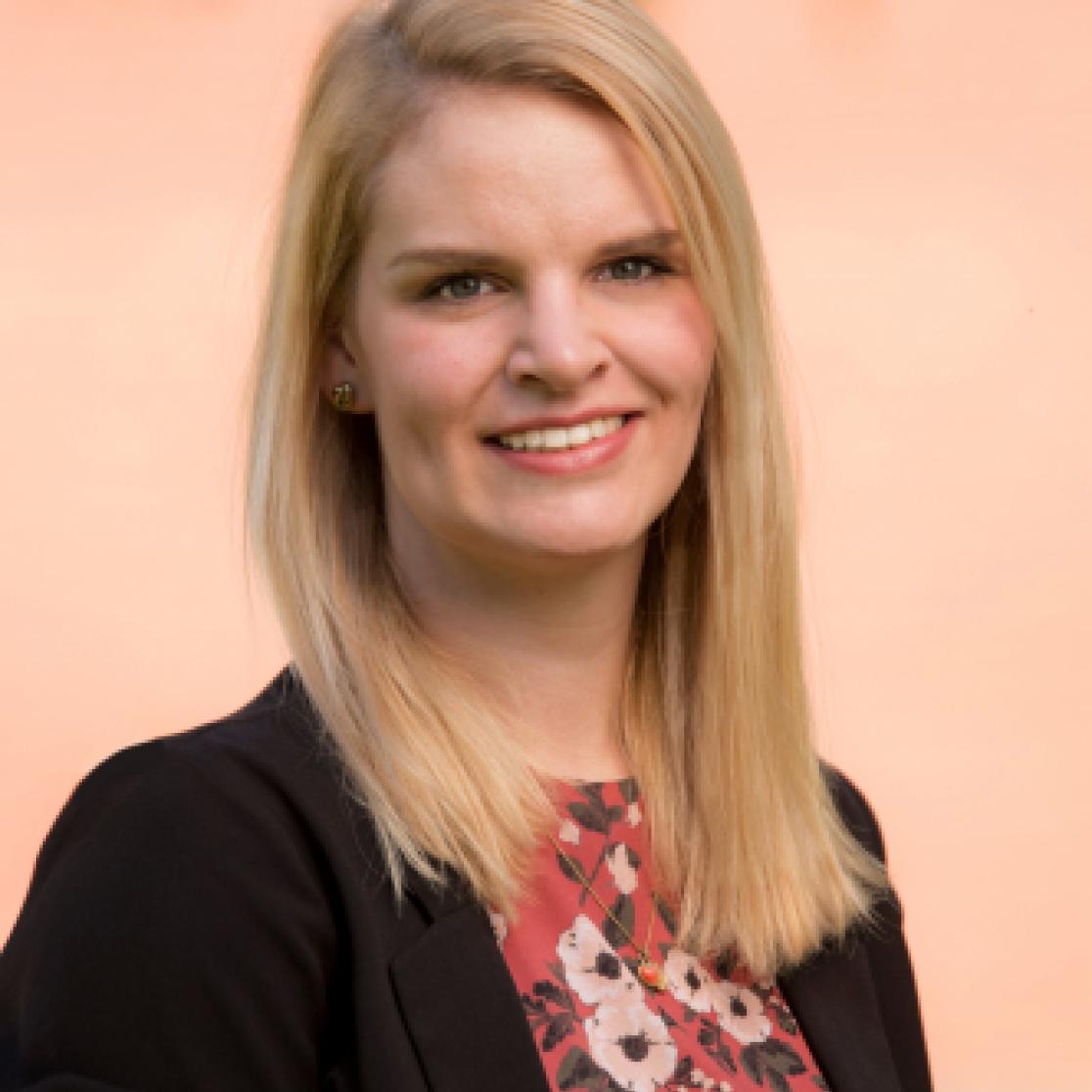
Also read
-
Shaping the future of marketing: SBE scholars at the forefront of research and teaching
Three faculty members from SBE’s Department of Marketing & Supply Chain Management, Prof. Dr. Dominik Mahr, Dr. Jonas Heller, and Dr. Tim Hilken, combine cutting-edge research with innovative teaching and mentorship. From exploring the societal implications of digitalisation in courses such as...
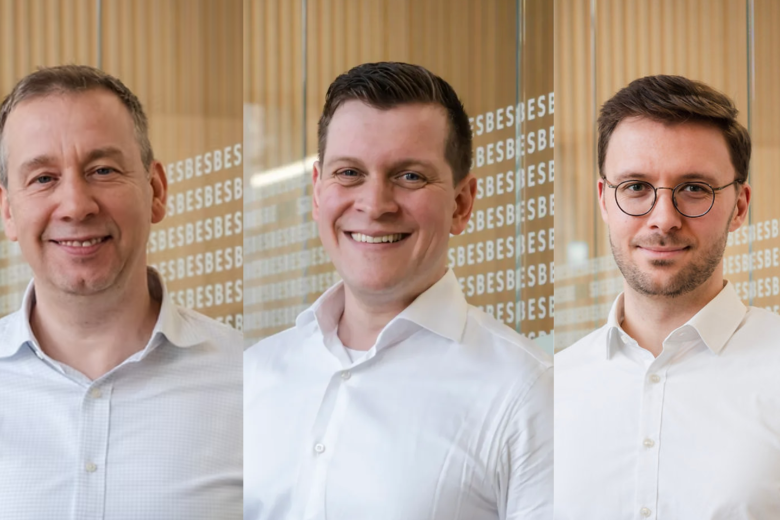
-
UWC Maastricht students get a taste of education innovation at EDLAB
On 21 October 2025, EDLAB hosted students from United World College Maastricht for the second year in a row, as part of their Youth Social Entrepreneurship programme.
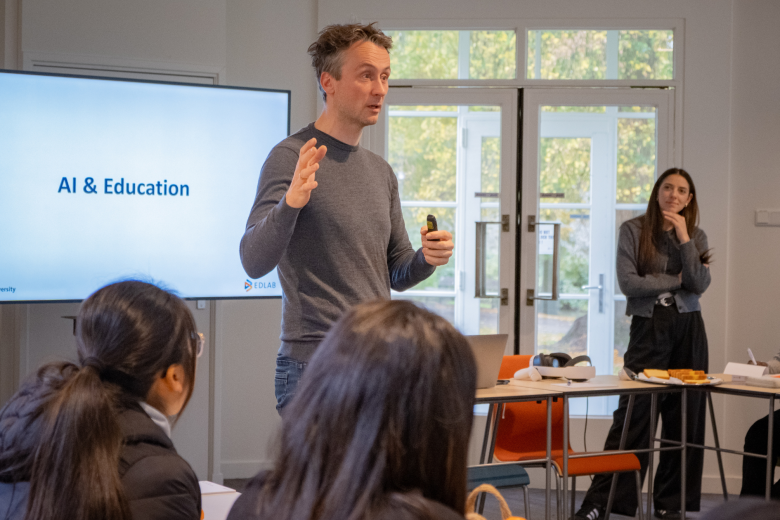
-
Maastricht University ranked #3 worldwide and #1 in Europe in 2025 Better World MBA Ranking
We are incredibly proud to share that the MBA programmes of Maastricht University School of Business and Economics’ executive branches, MSM and UMIO, have once again been recognised among the very best sustainable business MBA programmes worldwide. In the 2025 Better World MBA Ranking by Corporate...
